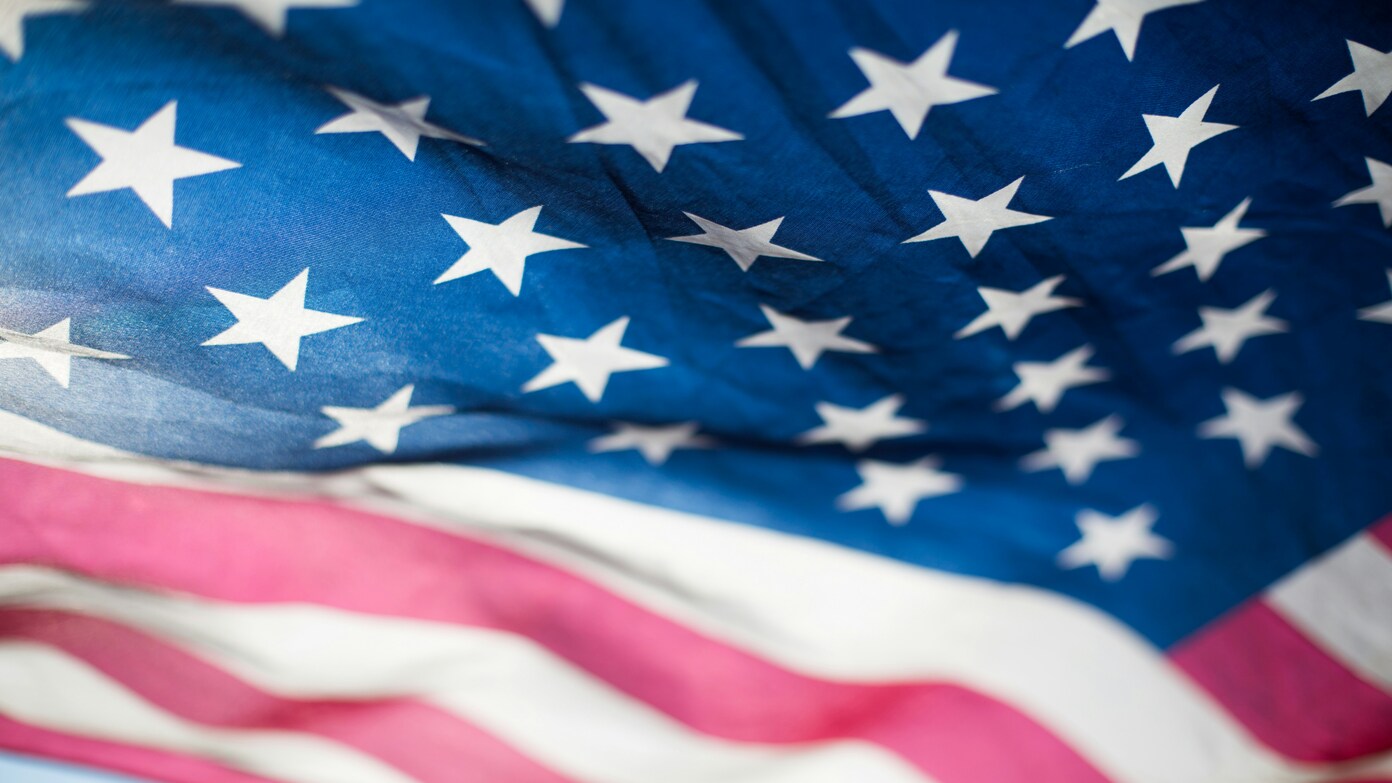President Donald Trump is once again floating the idea of renaming the Department of Defence back to its original title: the Department of War. Standing in the Oval Office on Monday with Defense Secretary Pete Hegseth at his side, Trump told reporters, “It just sounded bad to me, ‘On behalf of the Department of Defense?’ Defence? I don’t want to be defence only. We want defence, but we want offence, too. As the Department of War, we won everything.”
Hegseth, who was standing behind Trump, replied, “That’s coming soon, sir.” Trump quickly added, “You let me know if you want to do it.” The Pentagon carried the “War Department” name until 1949, when it was rebranded after World War II.
Why the Name Change Is Being Discussed
This isn’t the first time the idea has come up. Hegseth signalled interest in March, saying the name “Department of War” better reflects the administration’s priorities. Trump repeated the thought Monday while signing executive orders, saying the department’s old name represented strength during the years the U.S. fought and won both World Wars.
But changing the department’s title would likely require an act of Congress. When asked about that hurdle, Trump brushed it aside: “I’m sure Congress will go along with that… We’re just going to do it.”
A Look Back: What Was the War Department?
The Department of War dates back to 1789, when President George Washington established it to manage the nation’s military forces. For 158 years, it oversaw the Army and later the Army Air Forces.
In the 1940s, after America’s victory in World War II, the government reorganized the military structure. The War Department was dissolved, leading to the creation of the Department of the Army and the Department of the Air Force. In 1949, these branches and others were brought together under a single umbrella called the Department of Defense (DoD).
What the Department of Defense Does Today
Today, the DoD is the largest federal agency in the United States, overseeing more than 3.4 million service members and civilians. It manages six military branches—the Army, Marine Corps, Navy, Air Force, Space Force, and Coast Guard—as well as the National Guard.
The Pentagon also oversees defence intelligence and security agencies, including the National Security Agency (NSA) and the Defense Intelligence Agency (DIA). Whether these agencies would see any changes if the name were switched back is unclear.
What Experts Are Saying
Defence analysts caution that a name change wouldn’t alter the Pentagon’s legal authority or structure. Katherine Kuzminski, director of studies at the Centre for a New American Security, told Newsweek, “Changing the department’s name would not affect its legal authority nor its organisational structure. However, the rhetorical shift could complicate the Secretary of Defence’s efforts to frame the DoD’s current role in domestic homeland defence missions.”
In other words, if the Department of Defence became the Department of War, operations like National Guard deployments, border security support, or disaster response could carry a different political message.
If you are into political news, trust me, you will want to read this later:
Could President Trump serve a third term? Plan to change the 22nd amendment
Who is Mariann Edgar Budde, the bishop who made a plea to Trump and angered the new president
These are all the celebrities who have lost their homes in the tragic Los Angeles fire
What Happens Next
Trump said an official announcement on the proposed name change could come “in the next week or so.” Whether Congress would support such a move remains to be seen, but Trump appeared confident, joking in front of reporters that those standing behind him could “take a little vote right now.”
Hegseth, now leading the Pentagon, has been vocal about reshaping the department’s mission and image. If the name does change, it would be the first time in 76 years that America’s military headquarters is called the Department of War—a name that harks back to the earliest days of the nation and to the wars that defined its place in the world.

